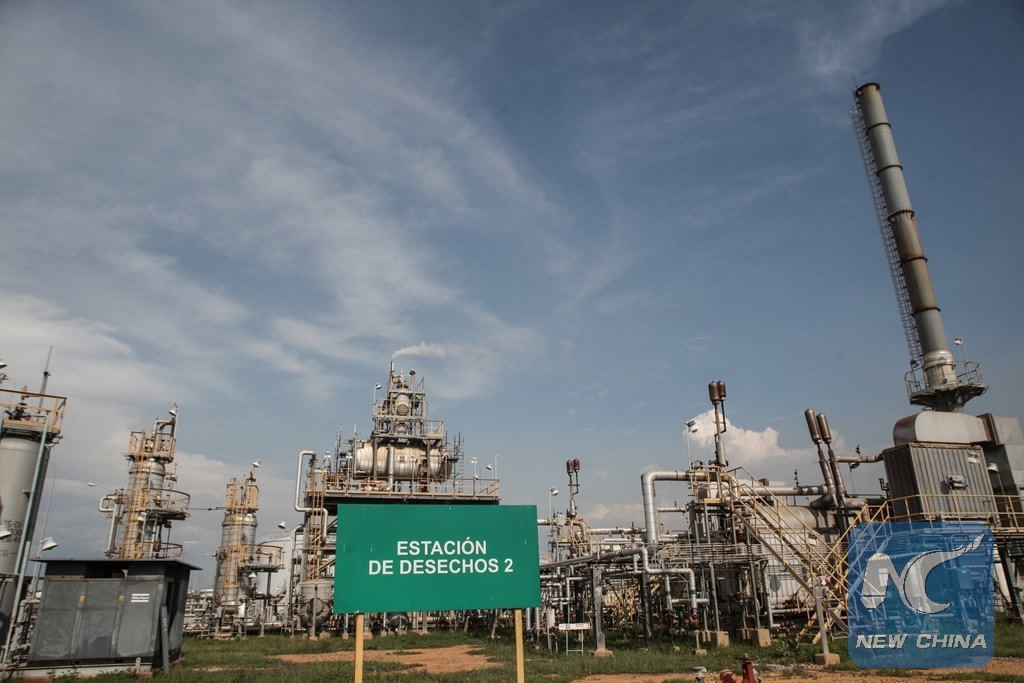
Business
10:22, 04-Oct-2017
Venezuela tries to circumvent US sanctions with sales pitch to China
By Juan Carlos Lamas

Venezuela has begun publishing the sale price of its oil crude in Chinese renminbi rather than US dollars, as is traditionally done in the world’s oil markets.
Venezuelan President Nicolas Maduro has said moving to the currency is one way to counter US economic sanctions.
It’s also a sales pitch to China and other non-US markets.
Venezuela said the switch to Chinese currency is part of a push to become free from what it calls the “tyranny of the dollar.”
“Venezuela cannot risk its economy, 97 percent of the dollars that enter the country come from oil income,” said Miguel Jaimes, an oil expert. “So it has the economic responsibility to open up to new markets and new scenarios and take advantage of the consolidation of the renminbi as currency in the international market.”
Venezuela switched from dollars to renminbi after US President Donald Trump imposed sanctions, blocking US citizens from buying new debt from Venezuela or from its state oil company PDVSA.

The Jose Processing Plant, part of the Chinese-Venezuelan joint company SINOVENSA S.A. in the Orinoco Petroleum Belt in Anzoategui state, Venezuela. /Xinhua Photo
The Jose Processing Plant, part of the Chinese-Venezuelan joint company SINOVENSA S.A. in the Orinoco Petroleum Belt in Anzoategui state, Venezuela. /Xinhua Photo
Some have argued it’s a smart move.
“The only country that has so far reported the price of a barrel of oil in renminbi is Venezuela,” Luis Enrique Gavazut, an economist said. “It is a bold decision that may be followed by other oil producing countries worldwide.”
“China has the support of Russia and of other countries like Venezuela,” Gavazut says. “China seeks to manage a financial system that does not rely heavily on the dollar but rather on the renminbi.”
For now, Venezuela’s oil company PDVSA debts are still denominated in dollars and for now, that’s how PDVSA will have to pay bondholders. And that makes Venezuela vulnerable to new economic sanctions that could freeze assets.
Venezuela and China are partners in four oil companies in Venezuela and they’re developing a refinery in China with plans to process 400,000 barrels of Venezuelan oil a day.
The renminbi is not as liquid as the dollar, but with close trade ties to China, Venezuela can use its holdings of renminbi to buy industrial products from China, continuing to distance itself from the US and the domination of the dollar.

SITEMAP
Copyright © 2018 CGTN. Beijing ICP prepared NO.16065310-3
Copyright © 2018 CGTN. Beijing ICP prepared NO.16065310-3